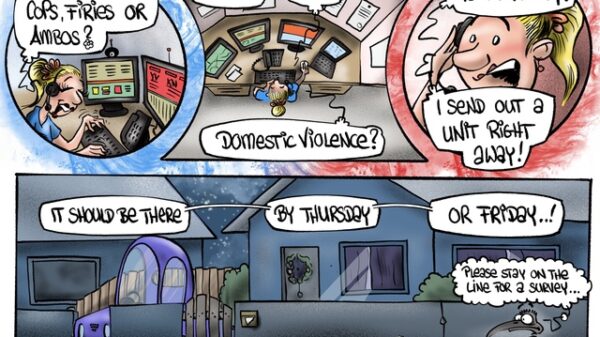James Frey has completed his latest novel, Next To Heaven, in a remarkable 57 days, but he remains unconcerned about the reactions it may provoke, particularly from Oprah Winfrey. Known for his unapologetic approach to writing, Frey has established a unique place in the literary world, often referring to himself as a “literary outlaw” who avoids traditional editing processes and refrains from reviewing his own work.
Frey’s previous memoir, A Million Little Pieces, published in 2003, chronicled his struggles with addiction and became a cultural phenomenon after being selected for Oprah’s book club in September 2005. The book garnered immense popularity, topping The New York Times bestseller list for 15 consecutive weeks. It was later revealed, however, that Frey had embellished significant portions of his narrative. In 2006, an investigation by the website The Smoking Gun exposed discrepancies regarding his criminal history and rehabilitation experiences, leading to a public confrontation with Winfrey on her show.
Despite admitting to some fabrications, Frey contends that approximately 85 percent of the memoir is truthful. Reflecting on the incident, he notes, “I blew up the rules of publishing,” suggesting that the backlash he faced was disproportionate. He draws parallels between his experience and the rise of autofiction, a genre that blends autobiography and fiction, arguing that his work has endured due to its cultural significance.
Exploring Wealth and Boredom in New Fiction
In his new book, Frey shifts his focus to a murder mystery set among the ultra-rich in Connecticut. Next To Heaven follows a group of wealthy friends living in the fictional gated community of New Bethlehem, based on New Canaan, where Frey has resided since 2013. Their lives take an unexpected turn when a guest at their swingers party is found dead, igniting a gripping mystery.
Frey describes the characters as “beautiful, rich and awful,” populated by hedge fund managers and socialites. This novel fits neatly into the current cultural trend of critiquing the wealthy, a theme explored in popular series like Succession and The White Lotus. Frey has already secured television rights for the adaptation of his latest work, highlighting his enduring relevance in contemporary storytelling.
“I wanted to take people further behind the curtain, show them that money is the most potent drug on the planet,” Frey explains. He contrasts his own position in a town filled with billionaires, asserting that despite his surroundings, he considers himself the “poorest motherf—er in the area.”
A Unique Writing Process
Frey’s creative process is as unconventional as his persona. He describes experiencing a state he terms “the fury,” which drives him to write intensely, often for up to 16 hours a day. He claims to write a single draft without outlines, adhering to a unique contractual clause with his publisher that allows them to accept whatever he produces.
As for the reception of Next To Heaven, reviews have been mixed. The New Yorker characterized his writing as “endearingly excitable,” but ultimately deemed the novel disappointing. Conversely, Kirkus Reviews praised Frey’s return, stating that his literary style does not detract from the enjoyment of the narrative.
Despite the varied critical responses, Frey remains unfazed. “What is anybody going to say about me that hasn’t already been said?” he asks. With a career spanning over two decades and a renewed focus on storytelling, he continues to challenge the boundaries of literary expression and maintains a clear disregard for past controversies. As he concludes, “I’m still giving them the finger and doing what I do best.”
Next To Heaven is now available, promising to engage readers with its blend of wealth, mystery, and human complexity.





























































